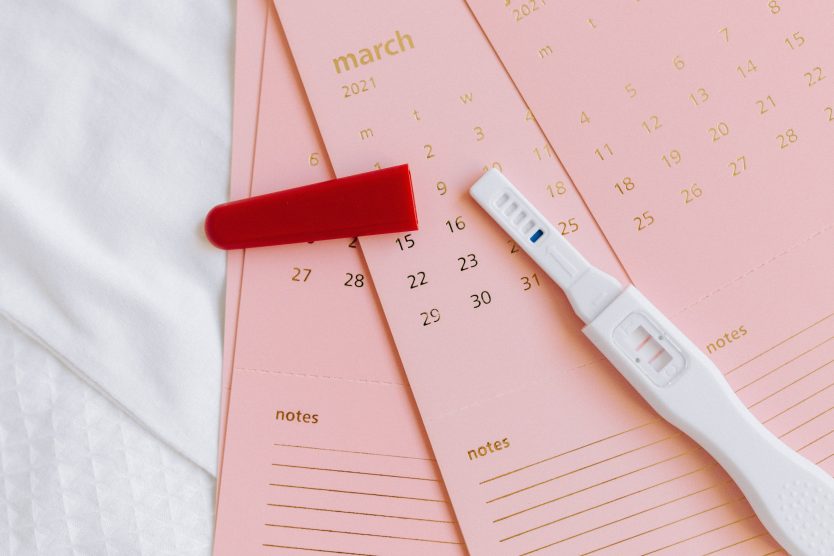When women are diagnosed with pelvic floor disorders, one of their first questions is often about any impacts on their reproductive health.
Fibroids are a very common condition for women, with implications for their reproductive health. Here’s what you need to know.
Understanding Fibroids
Fibroids are benign, non-cancerous tumours in the uterus. They can be found on the outer wall of the uterus, the muscular layers of the uterine wall, or the submucosal protrude into the uterine cavity. 1
Fibroids affect between 20-40% of women of childbearing age. 2, 3 They are often asymptomatic or present few symptoms, although they can cause painful periods, as well as prolonged or heavy bleeding during or in between periods. They can also cause postmenopausal bleeding or pelvic pain.
The size, amount, and location of fibroids can impact a woman’s ability to conceive and have a child. Treating fibroids can also have an impact on reproductive health.
Finally, note that fibroids are often confused with polyps, another growth on your reproductive organs. Learn the different between fibroids and polyps here.
Fibroids & Fertility
While 5-10% of infertile patients have fibroids, fibroids are only the sole cause of infertility in 1-2.4% of patients. That being said, one study found that the rate of pregnancy was much higher in women without fibroids (11% versus 25%), and that removing fibroids increased the pregnancy rate from 25% to 42%. These numbers suggest that fibroids influence infertility, but that we also need more research into this area. 4
If you have fibroids and are experiencing infertility, both you and your partner should be checked out for other conditions as well. You should not assume it is your fibroids that are impacting your ability to conceive, although they may be a contributing factor.
Fibroids & Pregnancy
Many women who have fibroids can get pregnant, even without treatment. And for most women, fibroids will not impact their pregnancy or delivery. 5
That said, fibroids can impact some women and their babies. The size, amount and location of fibroids can have an impact on the growing baby. Some women with fibroids may experience abdominal pain during pregnancy.
In rare cases, fibroids can also cause miscarriages. 6 Specifically, 14% of women with fibroids miscarry, while 7.6% of women without them do. The amount and size of your fibroids again play a role here. 7
Pregnant women with fibroids are also more likely to deliver preterm (ie. before 37 weeks of pregnancy), to have a breech birth, or to require a cesarean section. 8
Finally, note that fibroids can grow in size while pregnant, with most shrinking postpartum. 9
- Treating Fibroids & Reproductive Health
Finally, it’s important to note that for some women, treatment or removal of their fibroids will be necessary for their health and quality of life. And sometimes, these treatments themselves, such as endometrial ablation or removing the fibroids or uterus, can actually make pregnancy difficult or impossible. 10
That’s why women need to take their pelvic health seriously, and always talk to a doctor about their concerns. Speaking with a pelvic health can be especially helpful. Use our Physician Finder to locate a specialist in your area.
















